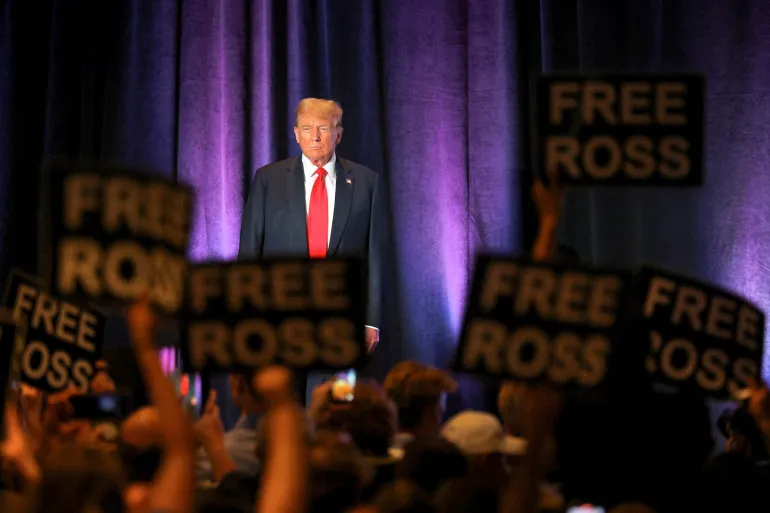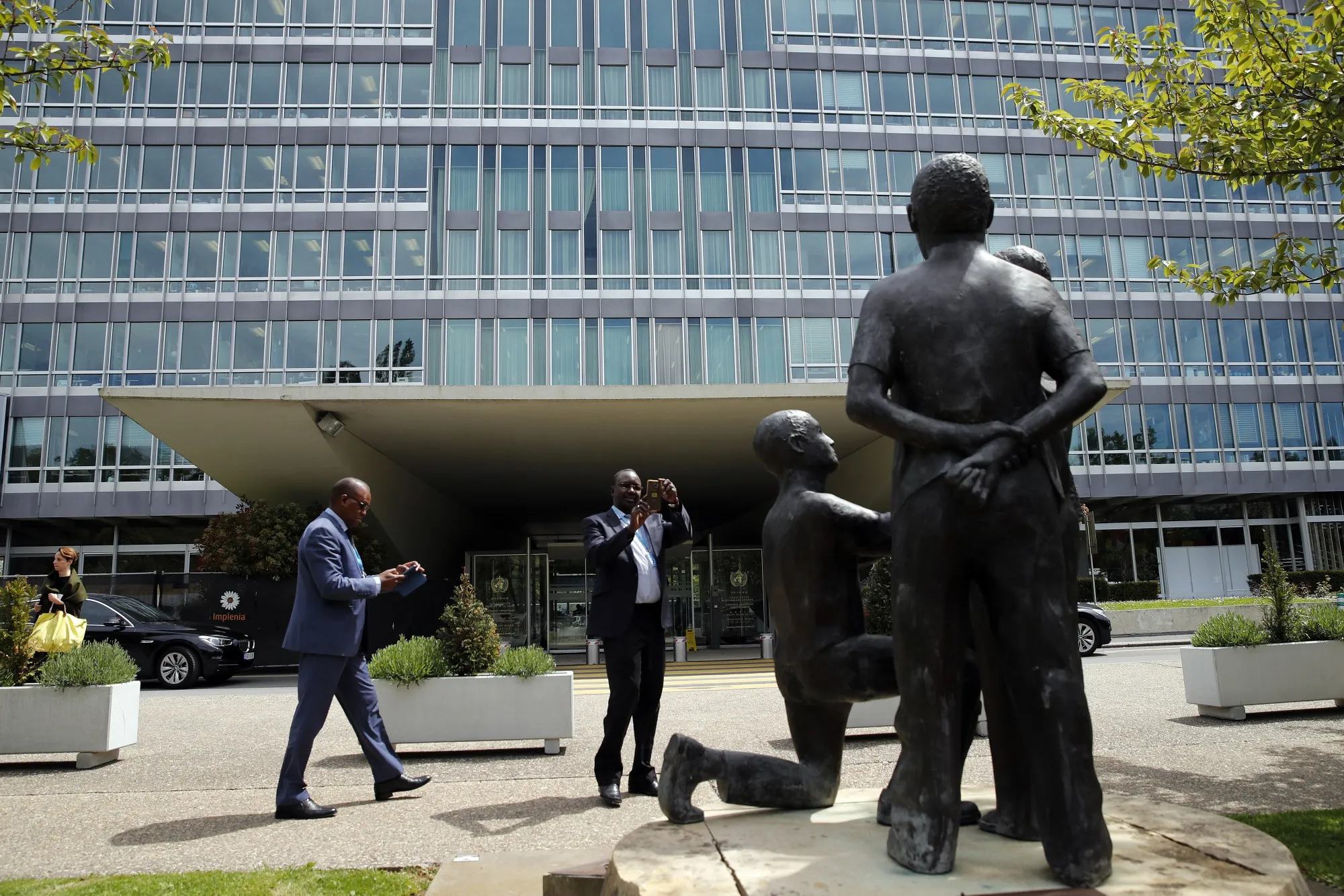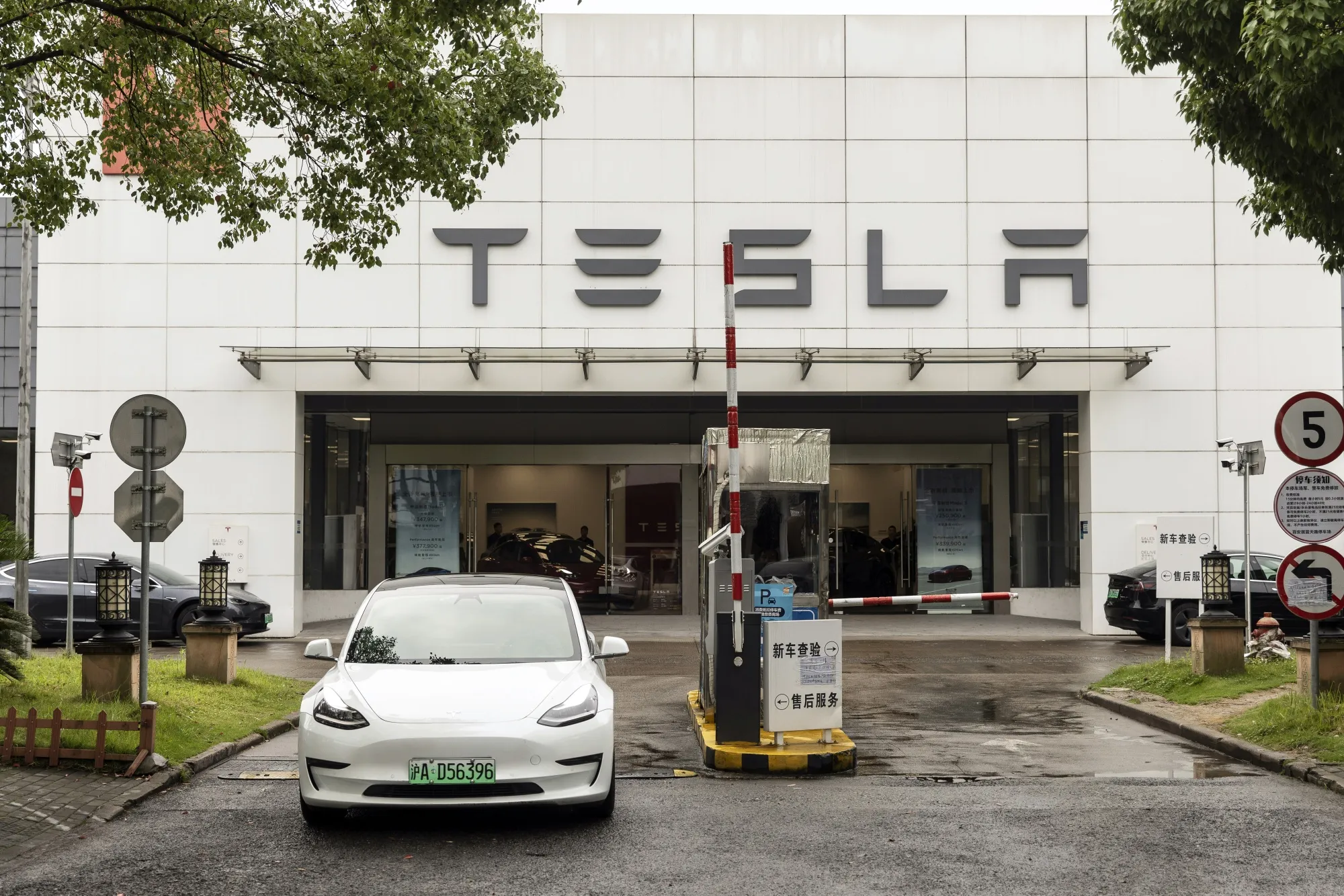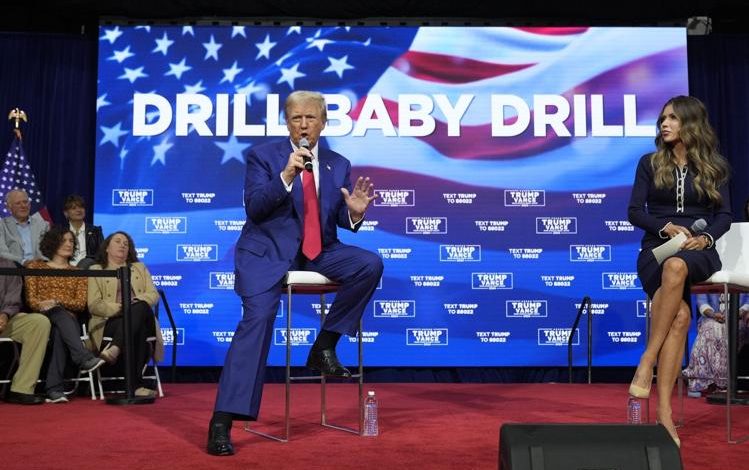As Donald Trump’s inauguration approaches, Wyoming Star continues to explore the potential changes in US environmental policy. This time we spoke with Dr. Edward S. Rubin, an expert in climate change mitigation technologies, carbon capture, clean power systems, and environmental policy.
Dr. Rubin, a professor emeritus of Environmental Engineering at Carnegie Mellon University and a Senior Fellow at the Wilton E. Scott Institute for Energy Innovation, shared his insights on a range of issues—from international climate agreements to clean energy innovation.
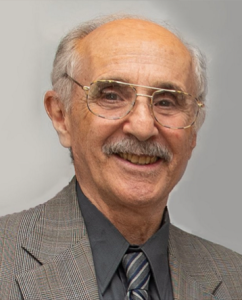
Wyoming Star: How might a second Trump administration impact US commitments to international climate agreements like the Paris Accord, considering Trump’s stance on the issue?
Dr. Rubin: There is no doubt that Trump would again withdraw the US from the Paris Accord, as he did in his first term. There is speculation that he may also try to withdraw the US from the international treaty that underlies the Paris agreement. In either case, the US would be marginalized as a leader in international efforts to mitigate global climate change.
Wyoming Star: What could be the long-term consequences for global climate mitigation efforts if the US shifts its focus away from reducing carbon emissions?
Dr. Rubin: The real question here is what would be the long-term consequences for the global climate if US mitigation efforts shift away from reducing carbon emissions. The science here is pretty clear.
The longer it takes to reduce carbon emissions to net zero, the more severe the impacts of climate change will be.
Those impacts will be felt across the United States, as well as in other parts of the world. We are already starting to see these impacts now and are paying the costs—both economic (e.g., billions in the wake of stronger, more frequent hurricanes, floods, wildfires, etc.) and human suffering (deaths, injuries, displacement, etc.). It will only get worse the longer we delay.
Wyoming Star: Could the potential absence of strong US participation in climate initiatives create opportunities for other nations, like China or the EU countries, to take the lead?
Dr. Rubin: That could well be the case.
China is already the world leader in the production of renewable energy technologies like wind and solar, as well as electric vehicles. The EU has been in the forefront of national policies for greenhouse gas reductions.
But without strong US participation, such efforts will inevitably take much longer to achieve climate goals.
Wyoming Star: During Trump’s first term, the Environmental Protection Agency (EPA) rolled back numerous regulations. How might further deregulation affect US industries and environmental health?
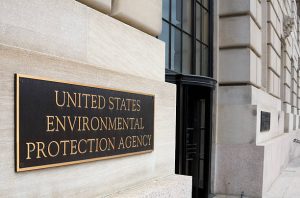
Dr. Rubin: That will depend a lot on the details of further deregulation. While it will undoubtedly benefit some US industries, its impacts on environmental quality and health are harder to foresee but not likely to be positive.
Wyoming Star: What do you foresee happening to federal support for clean energy initiatives, such as solar and wind power, under the Trump presidency? What are the possible implications for state-level efforts to transition to renewable energy sources?
Dr. Rubin: I would expect the Trump Administration to bolster its support for fossil fuel production and reduce its support for renewables like solar and wind. But state-level efforts to deploy clean energy technologies will continue to play an important role, as they have in the past, and such efforts may be redoubled in the absence of strong federal support. Ditto for many private sector efforts that are already strongly committed to clean energy systems.
Wyoming Star: Could there be opportunities for bipartisan support for technologies like carbon capture and sequestration (CCS), even if other climate policies are deprioritized?
Dr. Rubin: CCS could continue to enjoy bipartisan support so long as it remains voluntary and not a requirement for industrial sources.
Wyoming Star: What role could private sector innovation play in advancing clean energy and climate solutions if federal support wanes, considering Elon Musk’s role in a new administration?
Dr. Rubin: Private sector innovations have been critical to technological improvements and cost reductions in all past efforts to address major environmental issues, and climate change and clean energy will be no exceptions.
Our research shows that this potential is unleashed most strongly by government policies, including both “carrots and sticks,” that create markets for such technologies.
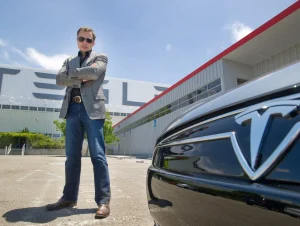
(Jessica Brandi Lifland for USA TODAY)
Wyoming Star: What economic risks could arise from deprioritizing environmental and climate policies in favor of traditional energy sources?
Dr. Rubin: While fossil fuel industries may benefit economically, at least in the short term, the long-term trend toward clean energy technologies is already well underway and was strongly bolstered by Biden Administration policies such as the Inflation Reduction Act.
If the US becomes a laggard in that space due to changed priorities in the next administration, the long-term economic consequences are not likely to be favorable as the US falls behind.
Wyoming Star: Are there potential economic benefits or job opportunities in sectors like carbon capture or natural gas that could gain traction under Trump’s energy policies?
Dr. Rubin: Certainly natural gas production, if accelerated under the Trump Administration, will enjoy some economic benefits and job opportunities in that sector. There may also be increased opportunities in carbon capture if that technology continues to be subsidized by federal policy. The current burst of CCS activities is due largely to the 45Q tax incentives, which make it lucrative for many industrial sources that already capture CO2 to sequester it rather than emit it to the atmosphere.
A potentially larger market for CCS could emerge from the EPA’s New Source Performance Standards requiring CCS on future new gas-fired power plants.
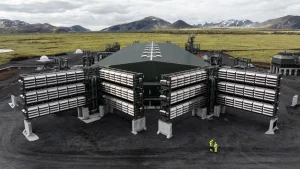
Wyoming Star: What are the risks of regulatory uncertainty for businesses and industries across the country?
Dr. Rubin: Businesses and industry do not like uncertainty. Many are already committed to a clean energy transition, such as the US automobile industry’s commitment to electric vehicles. Those industries may well push back against efforts to reverse current policies and regulations that have established significant markets for cleaner technologies.
Wyoming Star: How difficult would it be for a subsequent administration to reverse potential rollbacks of climate and environmental regulations implemented during the second Trump term?
Dr. Rubin: Every administration tries to bulletproof its policies to make it difficult to reverse them in a future administration. The devil is in the details as to how difficult that will be, since we have yet to see exactly what will happen in the Trump Administration. So stay tuned, and ask me again in 4 years.

